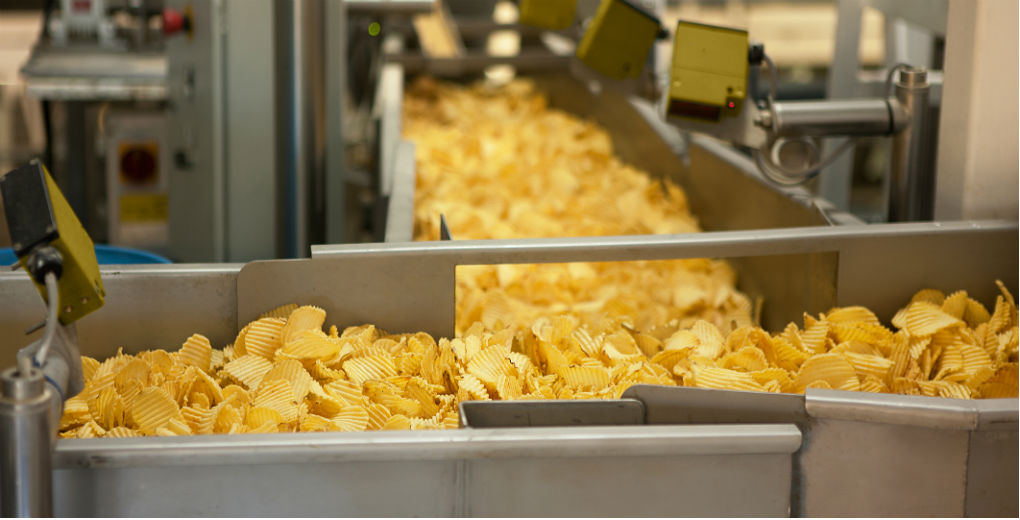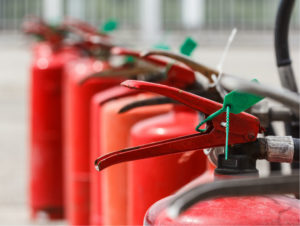The horse meat scandal of 2013 was probably one the most heavily publicised, ridiculed and disastrous examples of product contamination seen in recent years – pulling many well-known supermarkets into the affray.
But the multi-billion pound industry that is food and drink in Europe is not dominated by well known chains alone. There are 300,000 food and drink SMEs to add to the mix, and they make up half of this overwhelmingly large economy.
The difference between food giants and smaller businesses in the instance of a recall can be great. The former may have the support of consultants and dedicated staff to quickly handle such a scenario, whilst SMEs have a hard time rallying the resources for such a team, both in terms of time and money.
What is food contamination?
Any unexpected substance within a product is classed as a contamination, whether it’s there by accident or by design. The most common types are:
- Bacteria, including E. coli and salmonella
- Chemical substances, such as pesticides and fertilisers
- Contaminants that come from the processing methods
- Animal drugs
- Genetically modified organisms (GMOs)
- Heavy metals
- Foreign bodies, including glass and insects
If a product contains something which is defective or worse, harmful, the decision will be made to withdraw or “recall” the product from the market. This decision will normally be made by the manufacturer, whose obligation it is to immediately withdraw food or drink which is potentially unsafe. However, sometimes the decision may also be taken by a distributor, retailer or regulatory authority.
In Europe 500 product recalls are initiated each year – approximately 130 of which are deemed severe. Products containing allergens topped the list, accounting for 30% of all recalls, with foreign bodies following close behind at 20%.
What’s the damage?
Aside from the lost revenue and even lawsuits if harm comes to a consumer, product recall can cause lasting damage to the reputation of the manufacturer, distributor or retailer involved. Bad news and scandal spreads fast with social media, and mistrust can build quickly.
It’s not unheard of for larger businesses to shed millions in the process, but they may also be the same businesses who have a well-structured crisis management plan in place.
Facing a recall
Product liability can offer some compensation on losses due to a recall, but will not help fix a damaged reputation. A quick response, acknowledgement of responsibility and clear communication are all essential actions that should be high on any food manufacturers recall contingency plan.
This can work alongside a crisis management plan to reduce the impact of financial loss in such a scenario. If you don’t have a communications team in place specifically in case of such an event, then a PR consultant or agency can offer timely assistance.
Your business can start with all good intentions and end with a product recall. By having the right insurance in place, the team to help you carry out a recall and manage the consequences, and strict risk management measures, you can help keep any recall instances to a minimum, or better still, avoid them altogether.
For a free product recall insurance quotation, contact the Chartered brokers at Hine on 0161 438 0000.




